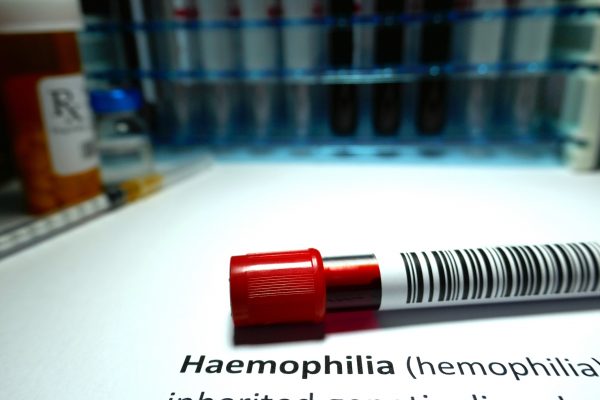
Is remdesivir, a drug that was developed in 2016 to combat ebola, the silver bullet in the global fight against COVID-19? Early results from a phase-III trial conducted by the National Institute of Allergy and Infectious Diseases (NIAID) in the USA look promising. A 10-day course of intravenous remdesivir shortened hospitalization time for COVID-19 patients with an average 31%.
Leading virologist and NIAID director dr. Anthony Fauci states that 31% is still far from 100%, “but it is a very important proof-of-concept because what it has proven is that a drug can block this virus… this is very optimistic.”
The study, launched in late February, has an estimated enrollment of 1063 hospitalised adult patients diagnosed with COVID-19, with participants randomised to receive intravenous remdesivir for up to a 10-day total course, or placebo. The primary outcome measure is time to recovery by day 29, with recovery defined as being well enough for hospital discharge or returning to normal activity level. A key secondary goal of the study will look at treatment-related improvements on an eight-point scale at the 15-day mark.
Early analysis suggests that the patients in the remdesivir-group recovered in median 11 days, whereas the patients who did not receive the drug needed 15 days in order to be clinically fit enough to be discharged from the hospital. Mortality also seemed to be lower in the remdesivir-groep, averaging 8%, compared to 11,6% in the placebo-group. However, dr. Fauci warns the mortality benefit of the drug has not yet reached statistical significance.
The experimental drug remdesivir was developed by Gilead in 2016, specifically to treat hemorrhagic viral infections such as Ebola and Marburg. In vitro tests showed that remdesivir was potentially effective against other viruses, including corona viruses such as the ones that cause SARS and MERS. For that reason, Gilead decided to start laboratory testing in order to examine remdesivir’s potential against COVID-19.
Gilead is conducting a trial of its own, called SIMPLE. Main goal is to establish whether a 5-day regime of remdesivir has the same effect as a 10-day regime, such as was administered in the trial conducted by the NIAID. Slashing the treatment time in half would mean that twice as many patients can receive treatment.
In the first phase of the trial, for which no placebo was used, 397 hospital patients with COVID-19 were enrolled. Half of them received the 5-day regime of remdesivir, the other received the drug for 10 days. A second phase will include 5,600 more patients, including patients on mechanical ventilation. Results of this study will be expected by the end of May.
Early analysis seems to indicate that remdesivir is more effective if patients start on the drug with 10 days of developing the first symptoms of COVID-19. Gilead states that after 14 days, 62% of the patients who received remdesivir within the first 10 days were clinically fit enough to leave the hospital. In patients who received remdesivir 10 days or more after showing symptoms, this percentage was 49%.
Read the full article on FirstWord.
The NIAID has further information on remdesivir.
Gilead’s CEO Daniel O’Day wrote an open letter regarding remdesivir